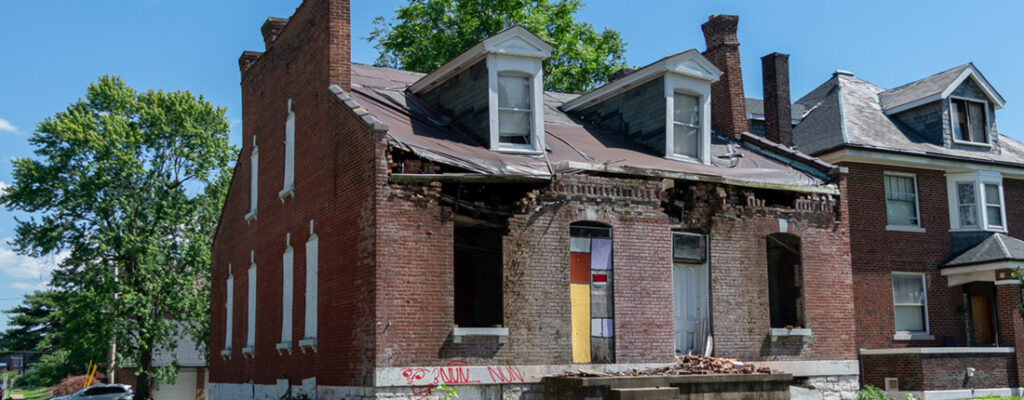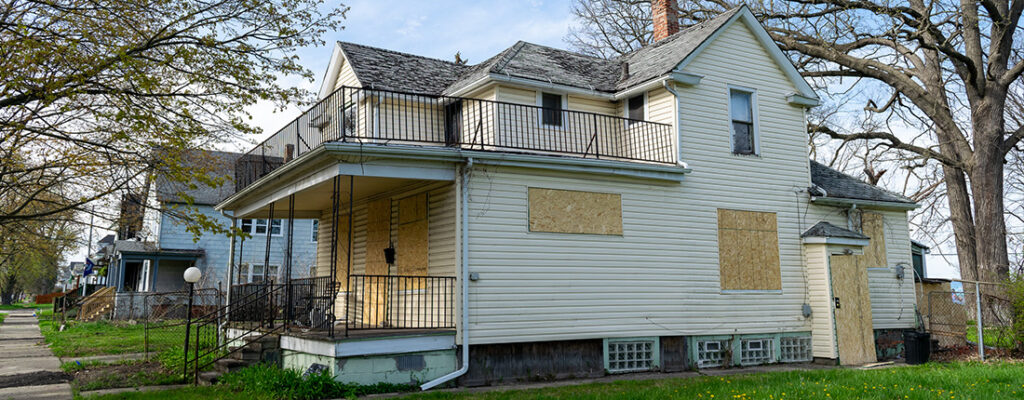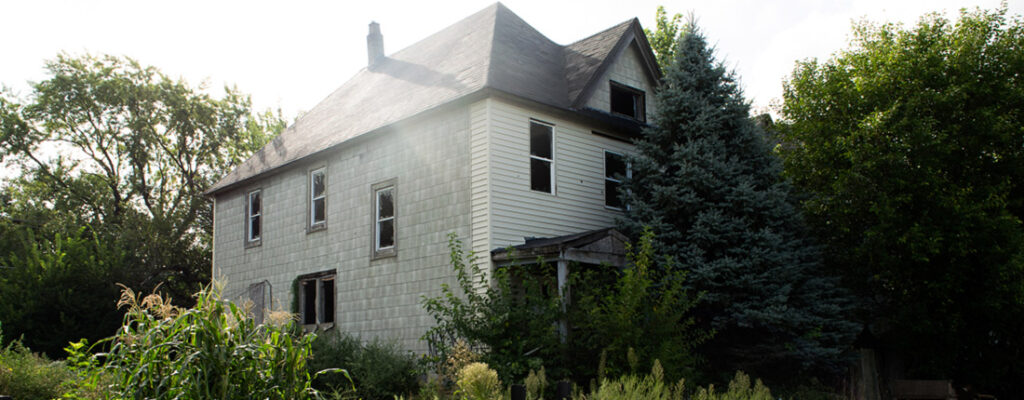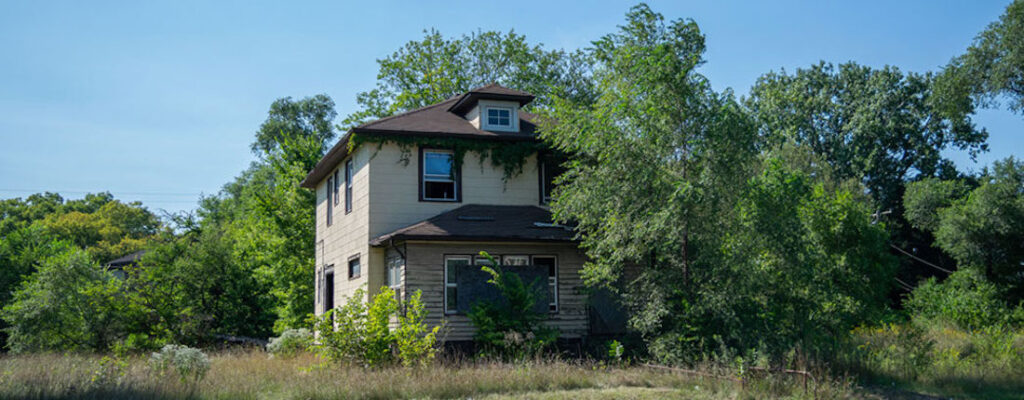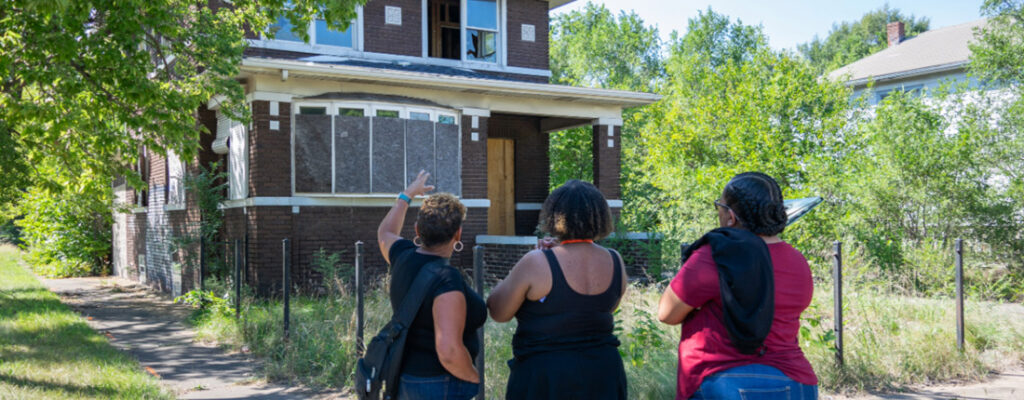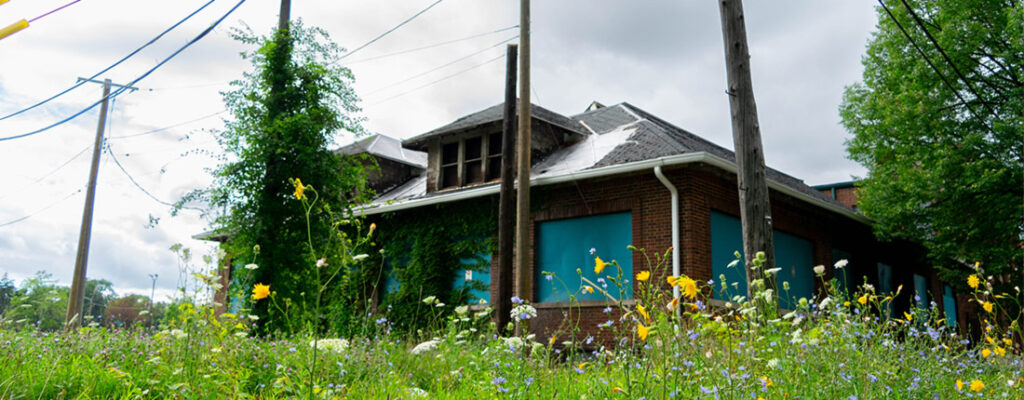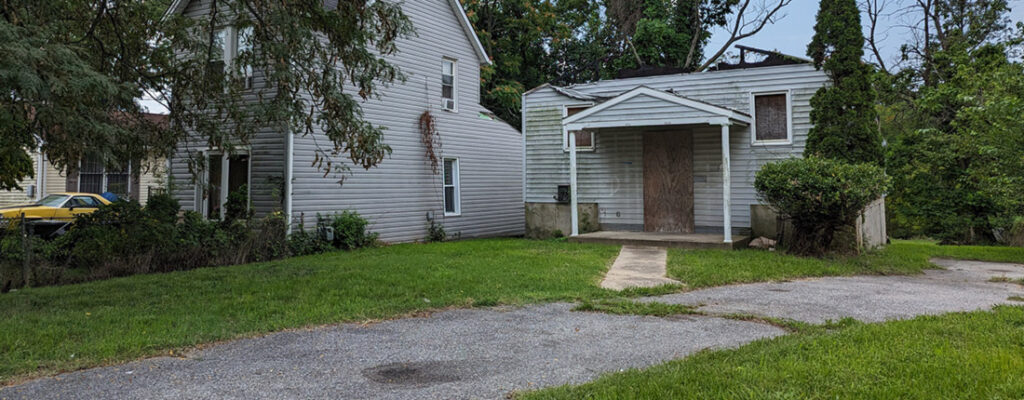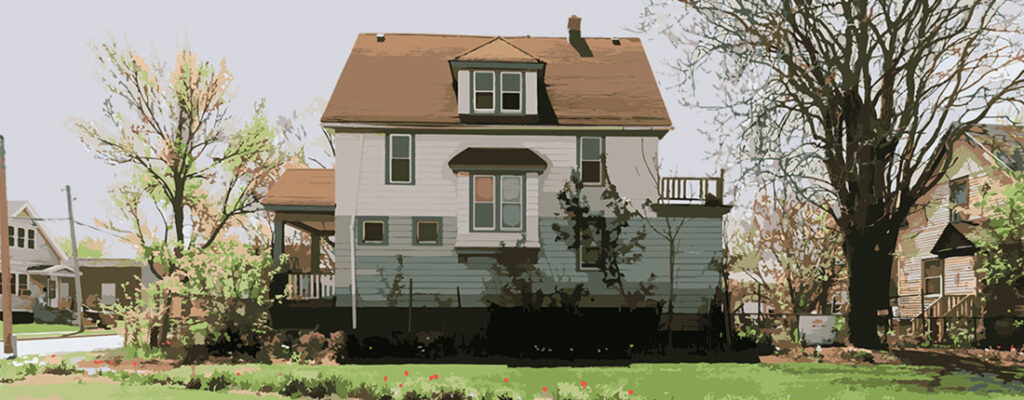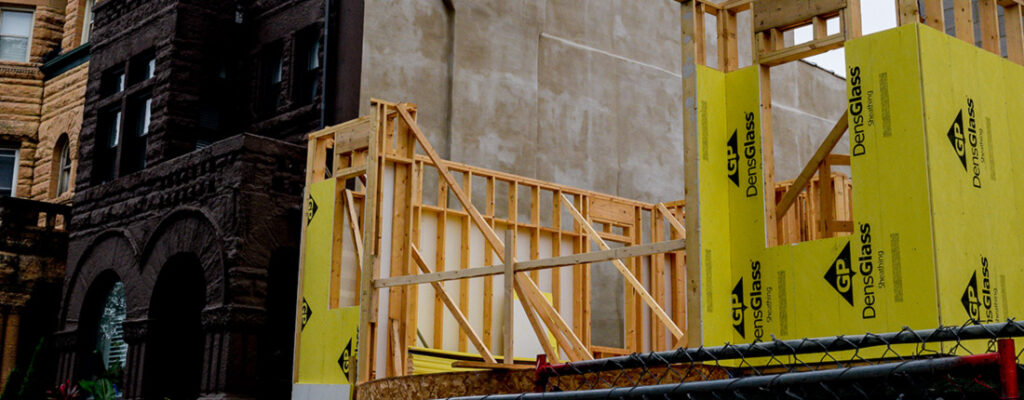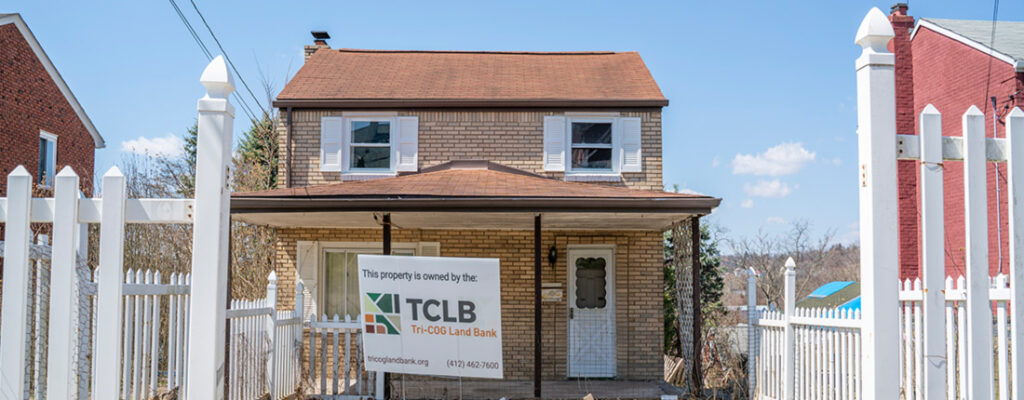Blog
Equitable Revitalization
This is an excerpt of Chapter 1 of Tackling Vacancy and Abandonment: Strategies and Impacts After the Great Recession, jointly produced by the Center for Community Progress, the Federal Reserve Bank of Atlanta, and the Federal Reserve Bank of Cleveland. It has been lightly edited and condensed for the web….
Read More »States, Tribes, counties, and municipalities around the country have been hard at work determining how to use their allocations from the American Rescue Plan Act’s $350 billion State and Local Fiscal Recovery Fund – which we often clumsily abbreviate as the ARPA SLFRF. Every unit of government should have already received at least the first…
Read More »Communities nationwide struggle with inventories of properties that are causing harm—properties that are vacant, abandoned, and deteriorated (VAD). Often these properties are concentrated in areas where an intentional history of racist policies resulted in disinvestment and denied homeownership for many Black families—a loss of wealth that has compounded across several generations. The COVID-19 pandemic has exacerbated these racial disparities and community…
Read More »WASHINGTON, D.C. – Center for Community Progress announces the launch of Tackling Vacancy and Abandonment: Strategies and Impacts after the Great Recession, a research publication jointly produced with the Federal Reserve Banks of Atlanta and Cleveland. Community Progress is America’s leading nonprofit resource for urban, suburban, and rural communities seeking to equitably address the full…
Read More »Center for Community Progress recently submitted a public comment letter in response to the Treasury Department’s Interim Final Rule (“IFR”) implementing the American Rescue Plan Act’s (“ARPA”) $350 billion State and Local Fiscal Recovery Fund (“SLFRF”). The public comment period is open through Friday, July 16, 2021, and public comments…
Read More »This quarterly update from Community Progress’ Michigan Initiatives team highlights important revitalization news and resources from across the state. For specific inquiries or to share how your community is addressing vacant, abandoned, and deteriorated properties in Michigan, email Payton Heins, Director of Michigan Initiatives at [email protected].
Read More »Important Update: Since publication of this blog on May 18, 2021, Treasury has released additional guidance with specific details for how non-entitlement unit of government allocations should be processed by States. This additional NEU guidance can be found at this Treasury webpage, along with other helpful information. Center for Community Progress has been closely following…
Read More »While the US is gaining ground in its fight against COVID-19, many communities are facing growing threats to neighborhood stability from its economic fallout. Unprecedented help is on the horizon for these communities, which could provide a momentous opportunity to spur equitable revitalization. Where we are today While the national unemployment rate has been dropping, [1] it…
Read More »In city after city, the Black middle neighborhoods face the most significant challenges and have seen the sharpest declines across the country when compared to other middle neighborhoods. Black middle neighborhoods lead in the struggle to receive public help, programs, amenities, and more. In a new paper, Making the Comeback:…
Read More »Almost exactly one year into the COVID-19 pandemic, a massive relief plan has passed both chambers of Congress and been signed into law by President Biden. The $1.9 trillion American Rescue Plan Act (ARPA) is an historic achievement that will provide unprecedented resources to combat the health, economic, and racial…
Read More »
